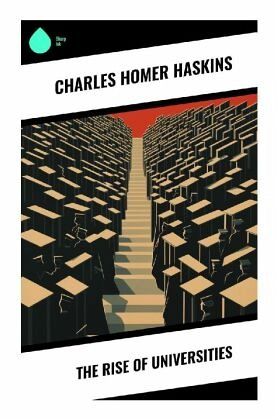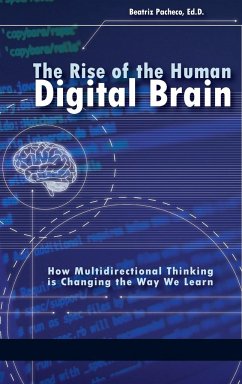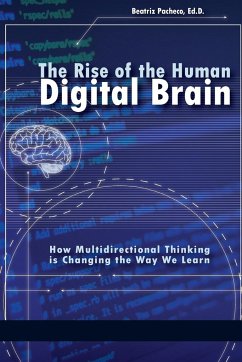
The Rise of Universities
Versandkostenfrei!
Versandfertig in 6-10 Tagen
7,70 €
inkl. MwSt.

PAYBACK Punkte
0 °P sammeln!
In "The Rise of Universities," Charles Homer Haskins intricately examines the historical evolution of medieval universities, illuminating their pivotal role in shaping Western education and thought. Through a blend of rigorous historical analysis and eloquent prose, Haskins contextualizes the emergence of these institutions within the socio-political landscape of the Middle Ages, exploring their impact on intellectual life and the transmission of knowledge. The book is notable for its sophisticated argumentation and careful attention to primary sources, providing readers with a nuanced underst...
In "The Rise of Universities," Charles Homer Haskins intricately examines the historical evolution of medieval universities, illuminating their pivotal role in shaping Western education and thought. Through a blend of rigorous historical analysis and eloquent prose, Haskins contextualizes the emergence of these institutions within the socio-political landscape of the Middle Ages, exploring their impact on intellectual life and the transmission of knowledge. The book is notable for its sophisticated argumentation and careful attention to primary sources, providing readers with a nuanced understanding of how universities became centers of learning and culture during a time of significant transformation in Europe. Haskins, a prominent American medievalist and scholar, was deeply influenced by the evolving educational landscape of his time. His academic tenure included significant contributions to the fields of history and education, likely informing his keen interest in the origins and development of universities. Furthermore, his studies at prestigious institutions shaped his perceptions of higher education, allowing him to draw parallels between past and contemporary educational challenges. This scholarly work is essential for students, educators, and historians alike who seek to understand the foundational aspects of modern universities. Haskins' insights not only enrich our appreciation of historical institutions but also provoke thought on the ongoing evolution of education in today's world.












